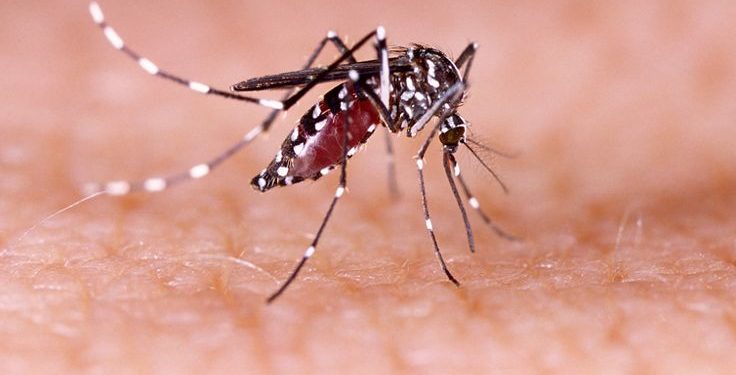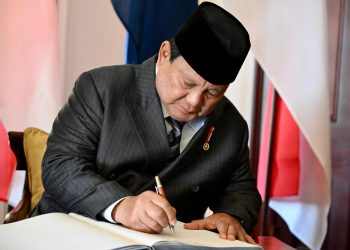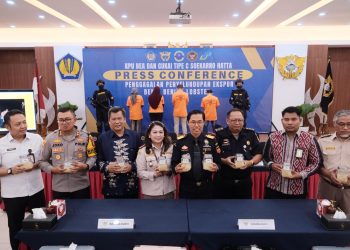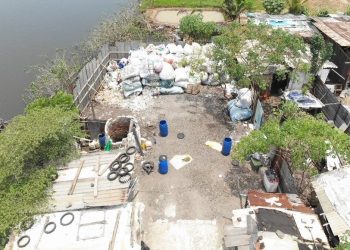Jakarta, Indonesia Sentinel — The Dompu Regency government in West Nusa Tenggara Province (NTB), Indonesia, has declared a public health emergency due to a sharp rise in dengue fever cases and related fatalities.
Maria Ulfa, Head of Disease Prevention and Control at Dompu’s Health Department, confirmed that the decision was prompted by two child fatalities and a growing number of dengue infections throughout January 2025.
“The emergency status has been in effect since January 30, 2025, as per the official decree issued by the Head of the Dompu Health Department. This decision aligns with Indonesia’s Health Ministry Regulation No. 1501 of 2010, which governs the classification and management of certain infectious diseases that could lead to outbreaks,” Ulfa states, as reported by Antara.
As of February 1, 2025, local health authorities have recorded more than 80 dengue cases across Dompu Regency. The most affected areas include Dompu and Woja districts, where two children have died, while dozens of other patients have recovered or remain under intensive care.
Coordinated Efforts
Following the emergency declaration in Dompu Regency, local health officials have intensified their efforts to contain the dengue fever outbreak. “All relevant health sectors are coordinating a large-scale response, which will be formalized in a directive from the Dompu Regent,” Ulfa said.
A key initiative involves widespread larvicide treatment (abatisasi), where abate powder is applied to stagnant water sources, including bathtubs and flower pots, to eliminate Aedes aegypti mosquito larvae and prevent further transmission of dengue fever.
“In addition, we are enhancing medical services and implementing mass screenings to detect dengue and other illnesses early,” Ulfa emphasized. She urged residents experiencing persistent fever to seek immediate medical attention at health centers rather than self-medicating.
Preventative Measures Over Fogging
Ulfa stressed the urgency of timely medical intervention, warning that delayed treatment could result in severe complications or death. “Mortality rates increase significantly if dengue cases are not addressed promptly,” she cautioned.
While fogging has traditionally been used to combat mosquito-borne diseases, Ulfa noted that it is not the primary solution for dengue prevention. “Eliminating mosquito breeding grounds is far more effective than fogging,” she said, calling for community-wide efforts to maintain cleanliness.
Read Also:
Indonesia’s eFishery Rocked by Financial Fraud Allegations Involving Top Executives
She also highlighted the role of local village governments in dengue prevention, noting that village budgets include allocations for disease control. “Local governments must actively participate in tackling this issue. Community awareness and proactive action are crucial in preventing further outbreaks,” Ulfa concluded.
Authorities have urged Dompu residents to remain vigilant as they work to contain the dengue fever outbreak and prevent further casualties.
(Raidi/Agung)


























